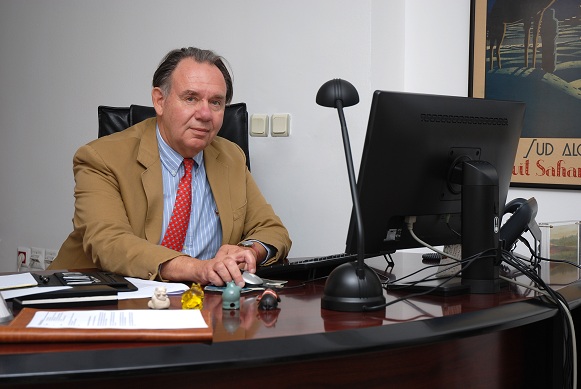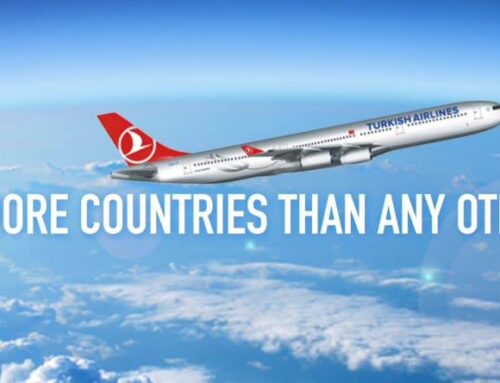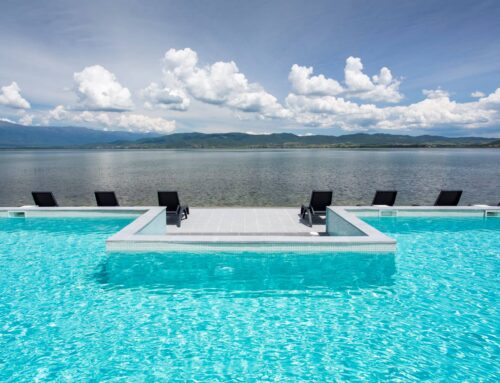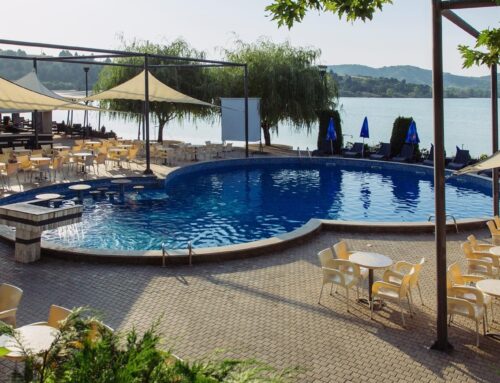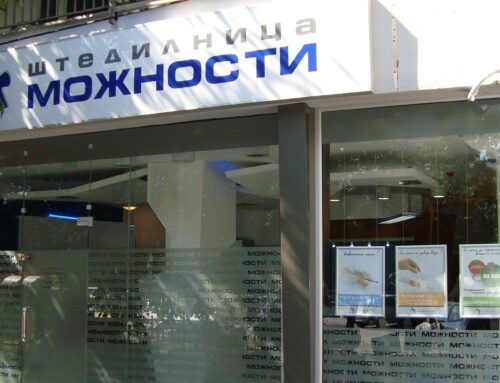
Thomas Michael Baier, Austria’s Ambassador to Macedonia since November 2011, and Gerhard Schlattl, Commercial Attaché at the Austrian Embassy in Macedonia, discuss the bilateral ties between the two countries and its economic relationship.
European Times: Can you describe the relationship between Austria and Macedonia?
Thomas Michael Baier: Austria and Macedonia have had diplomatic relations for two decades. Austria strongly supports the entry of Macedonia and other Balkan countries into the EU as a means of ensuring regional stability. In August 2015, Austria will host the Second Western Balkan Summit, where discussions about regional political as well as economic issues will be held. Austria and Macedonia already partner in a number of projects, including the fight against organised crime, arms trading, human trafficking, illegal drugs and terrorism. Austria and Macedonia also cooperate in several cultural, educational and tourism initiatives. In these projects Austria strives to promote balance and cooperation among Macedonia’s ethnic groups.
Gerhard Schlattl: Concerning economic ties, bilateral trade between the two countries totalled €186 million in 2014. Austria’s main import from Macedonia is textiles, while its major export to Macedonia is beef for the food-processing industry.

European Times: What are some trends in Austrian foreign investment in Macedonia?
Thomas Michael Baier: Austria’s investments in Macedonia have not only created many jobs but have included a commitment to corporate social responsibility.
Gerhard Schlattl: As the commercial section of the Austrian Embassy and at the same time part of Advantage Austria, the investment and export-promotion agency within the Austrian Federal Economic Chamber, we bring business delegations to Macedonia and provide a number of services to our member companies. Austria is one of the top two or three foreign investors in Macedonia today. Austrian companies are active in a wide range of sectors, including ICT, energy, electricity distribution, hydropower (including small-scale hydropower), banking and insurance, logistics, food processing and more. Austrian companies have created around 10,000 jobs in Macedonia and, thus, are an integral part of the Macedonian economy.
European Times: What are the main challenges for foreign investors in Macedonia?
Gerhard Schlattl: According to our latest business climate survey among Austrian companies, the main challenges are a lack of liquidity, corruption and a need for better infrastructure. Getting paid by state-owned companies and government institutions for equipment and services can be a challenge because of the liquidity problem, which also affects the local private sector. However, Austrian companies are very active in Macedonia. We serve around 400 companies a year which seek business contacts with Macedonian companies. In short, the better you treat and find solutions for companies here, the higher the chance is that these companies will act as the most credible and best promoters for the country among future potential investors.
Thomas Michael Baier: Macedonia needs to create an investment climate with a certain guarantee of stability. If an investor enters the market and laws are changed a few months later, this would foster insecurity. Macedonia’s entry into the EU and NATO would certainly promote more FDI into the country.
European Times: Why should investors choose Macedonia?
Gerhard Schlattl: Macedonia has been successful at attracting foreign companies to its free zones, which offer special incentives. Sectors with good growth potential include energy, hydropower and food processing, where Macedonia has the potential to move up the value chain and export higher-value products.
European Times: Your vision for the future?
Thomas Michael Baier: The future primarily depends on the question of the Euro Atlantic agenda. This is the most important thing that we all have to work for together, if it comes to further developing Macedonia and our bilateral ties. This objective is crucial for the future of Macedonia and for the entire region.

